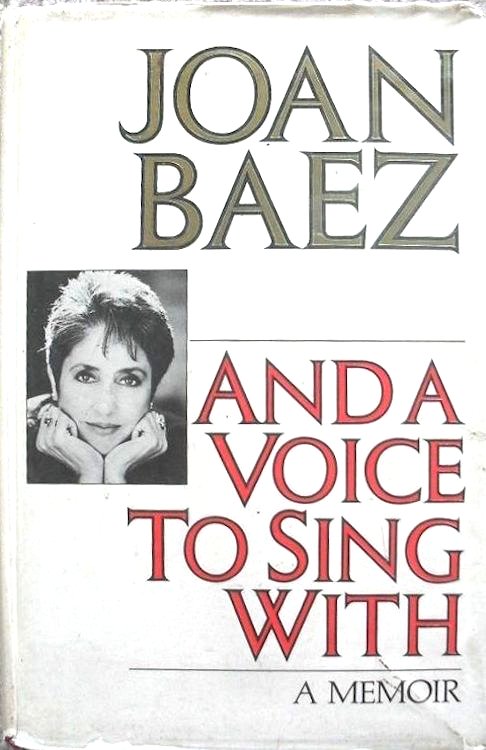

Soon Baez became a regular performer at local clubs and eventually got her big break via an appearance at the 1959 Newport Folk Festival, invited onstage by singer/guitarist Bob Gibson. She eventually delved into the city's burgeoning folk scene, later citing artists like Harry Belafonte, Odetta (Baez referred to the singer as her “goddess” in a 1983 Rolling Stone interview) and Pete Seeger as major influences. Two years after her family moved to Cambridge, Massachusetts so that her professorial father could join the faculty of MIT, Baez enrolled at Boston University’s theater school, greatly disliking the experience and flunking her courses. She became a vocalist in the folk tradition and was a crucial part of the music genre's commercial rebirth in the 1960s, devoting herself to the guitar in the mid-1950s. But that did not stop her from pursuing her natural musical talents. Of Mexican and Scottish descent, Baez was no stranger to racism and discrimination. Joan Baez was born on January 9, 1941, in Staten Island, New York, in a Quaker household, her family eventually relocating to the Southern California area.

Baez's most popular songs over the years have included "We Shall Overcome," "It's All Over Now Baby Blue," "The Night They Drove Old Dixie Down" and "Diamonds and Rust." With an enduring career, she has continued to record and perform into the 2000s. Baez also played a critical role in popularizing Bob Dylan, with whom she dated and performed regularly in the mid-1960s.

After releasing her debut album in 1960, she became known for topical songs promoting social justice, civil rights and pacifism. Joan Baez first became known to the wider public as a distinctive folk singer after performing at the 1959 Newport Folk Festival.


 0 kommentar(er)
0 kommentar(er)
